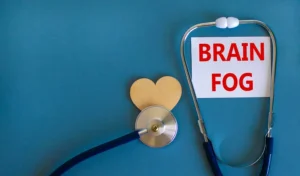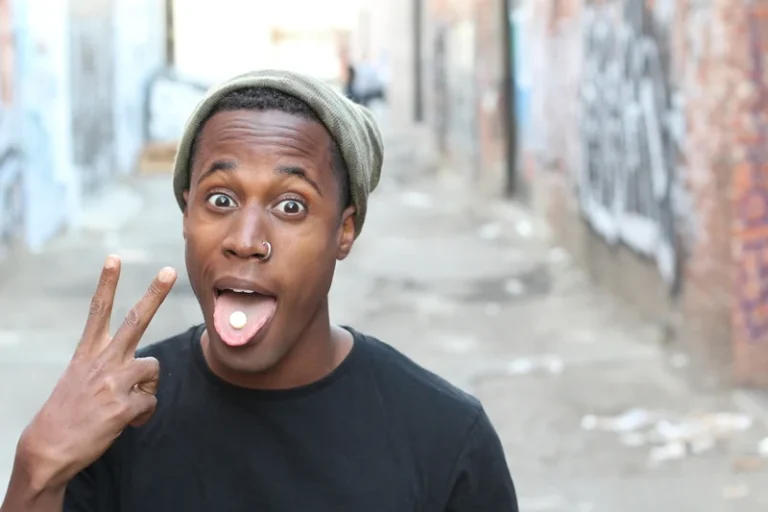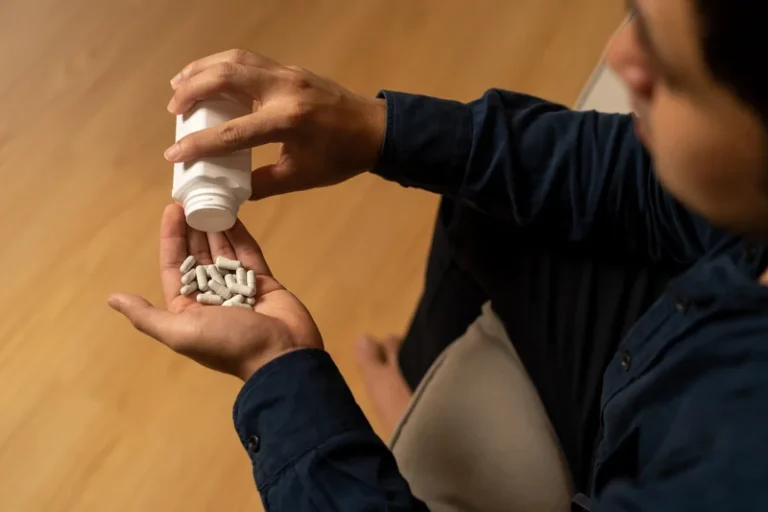
Therapy can help people overcome the cognitive challenge of acknowledging the difficulty of recovery but realizing that sustaining an addiction is far harder. One important study examined the effect of visual triggers in people who were former users of cocaine. Researchers showed the participants photos of cocaine and related situations and found that the images resulted in a subconscious emotional response in the brain. The researchers observed a rapid activation of the pathways related to drug cravings. Negative emotions like sadness, guilt or anger are often core reasons why people begin abusing substances in the first place.
How Intensive Outpatient Programs Intensity Structure Helps Recovery
Identify TriggersKeep a journal to track situations, emotions, or environments that trigger cravings. Recognize patterns and become aware of your high-risk times and places. Develop healthy emotional regulation skills through therapy, support groups, or journaling. Engaging in creative activities, hobbies, or volunteer work can also provide a positive outlet for emotions. After removing the corticosterone-producing glands from the rats, researchers observed a lack of relapse behavior after triggering them with low doses of cocaine.
Differentiating MAT and OTP in Addiction Treatment
- If you have any questions or need additional treatment after a relapse, please contact us today.
- Some people fall off the wagon several times before getting sober for the last time.
- Discover effective treatments, support resources, and prevention strategies.
Being tired can affect many aspects of your health and mood, and set the stage for a potential relapse. Taking the edge off of triggers involves, first, consciously recognising what they are – both before they come up, as well as when you encounter them. Identifying triggers helps you plan how to avoid them, and how to ground yourself types of relapse triggers when they do arise. You’re walking through the grocery store and bump into an old drinking buddy who invites you to the bar for a couple of beers.
Historical Figures in Addiction Treatment
- Poor emotional regulation can lead to increased cravings and a higher risk of relapse.
- A study of rats by the University of Michigan found that the rats largely preferred rewards that triggered the brain’s amygdala, part of the limbic system that produces emotions.
- They may begin to feel discontent with their progress and restless in their disintegrating routine.
- Take the time to figure out what works best for you as part of your personal recovery journey.
Having confidence is important, but becoming overconfident may prompt you to feel like you don’t need a relapse prevention plan. https://ecosoberhouse.com/article/why-alcohol-makes-you-feel-hot-and-sweat-after-drinking/ As a result, you may find yourself in high-risk situations that could easily trigger a relapse. You can prevent this by keeping yourself in check and staying humble through the recovery process. Remember, developing an effective relapse prevention plan requires dedication, self-awareness, and a commitment to personal growth. By incorporating these steps, you can significantly increase your chances of sustaining long-term sobriety and leading a healthier, happier life. Emotional distress serves as a triggering factor for relapse among individuals in recovery from addiction.
- Long-term sobriety is possible and starts with taking that first step.
- In this section, we will explore practical approaches to effectively handle these challenges.
- If you’re not sure how to confront these situations, contact us today.
- Individuals experiencing these emotions may feel compelled to seek solace or escape through substance use.
- Addiction happens because the use of drugs or alcohol makes a person feel better in some way.
- Discover which drugs make you more aggressive, from prescriptions to illicit substances.
Drug Or Alcohol Cravings

It is in accord with the evidence that the longer a person goes without using, the weaker the desire to use becomes. Experts in the recovery process believe that relapse is a process and that identifying its stages can help people take preventative action. If a person is in therapy during emotional relapse, the focus of therapy may pivot towards reinforcing the importance of self-care.

